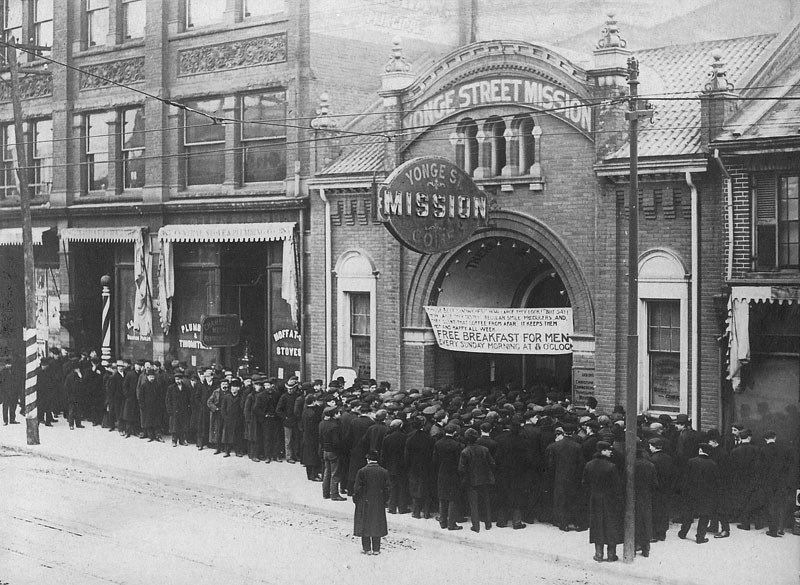This week, I wanted to sit down and write my column with the sole intention of selecting a topic that wasn’t COVID-19 related. It’s tough to do so because right now everything seems to funnel back to the worldwide pandemic.
There is a lot of uncertainty in our world right now and as we watch public spaces, businesses, and institutions close their doors to the public for the near future, it only reinforces what we are going through is real.
When I was born, my Grandma Bessie was around 70 years old. She was always an old grandma who was very short with brown eyes and curly white hair.
When I was too sick to go to school, I would go to my grandma’s house and watch The Price is Right and make boats out of egg cartons and make them float in her bathtub.
My grandmother was very frugal and made sure not to be wasteful. Every time I would visit her at her apartment, my Grandma Bessie would give me a small handful of pennies. For my birthdays and on Christmas I would get a bag with a small collection of pennies inside.
As I got older, I realized that every time my Grandma Bessie received a penny in her change, she would put it away for me. She had many grandchildren, and today, it makes me feel special that whenever she had a penny, she thought of me.
I did not have this realization until later in life. I remember being a very unimpressed 15-year-old one Christmas, unwrapping a bread bag with pennies and breadcrumbs in the bottom when my older brother was gifted movie passes.
My grandma lived during the Great Depression and it was an experience that really moulded the woman she became. When she was a young teenager, I think about 14 or 15, her parents told her they couldn’t afford to keep her in the home anymore and she would have to leave home and start taking care of herself financially.
Being sent out into the world on her own, she found work taking care of people with disabilities and making bombshells for the war. Making bombshells was something that haunted her for her entire life. She never escaped the guilt that she felt, even though her friends and family tried to comfort her and reminded her of her circumstances at the time.
Bessie searched for peace through religion and doing her best to be the kindest person she could. She lived to be 94 years old.
This experience shaped her frugal ways, her refusal to waste anything and her determination to ensure food never found its way into the bin. Valuing each and every penny she collected must fall into their, somewhere, too.
I was told about my grandmother’s experiences during the Great Depression many times over in my life. I always knew this happened to her, but I could never really comprehend how the world could turn upside down so fast.
Over these past few weeks, we’ve all seen it happen and our perceptions and thoughts have changed dramatically as we see how quickly things are happening now. We are living in a time of uncertainty. People are losing their jobs and self-employed people are losing contracts. There is no doubt that this is a hurdle for all of us.
There are many vulnerabilities right now that include our health, our finances and our families.
As a community we are working together toward social-distancing and flattening the curve. Scientists are working toward a vaccine.
I don’t know what the future holds. I hope that we can try to step outside of our own experiences and make sure that our friends, families and neighbours are being taken care of mentally, emotionally and financially.
There are bound to be many lessons we learn and experiences that shape who we become as we age. This is a reminder to us all that life can turn upside down at any moment. We need to find ways to be more understanding and compassionate, because there will always be someone having a harder time than us.
The young folks reading this are probably asking themselves: “What are pennies?”
Charla Huber is the director of communications and Indigenous relations for M’akola Housing Society.



